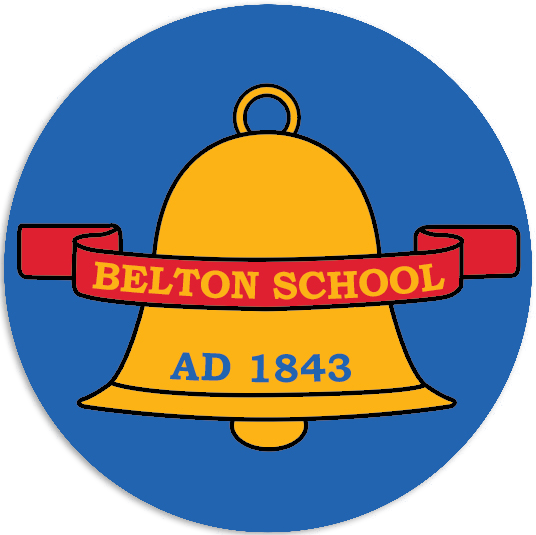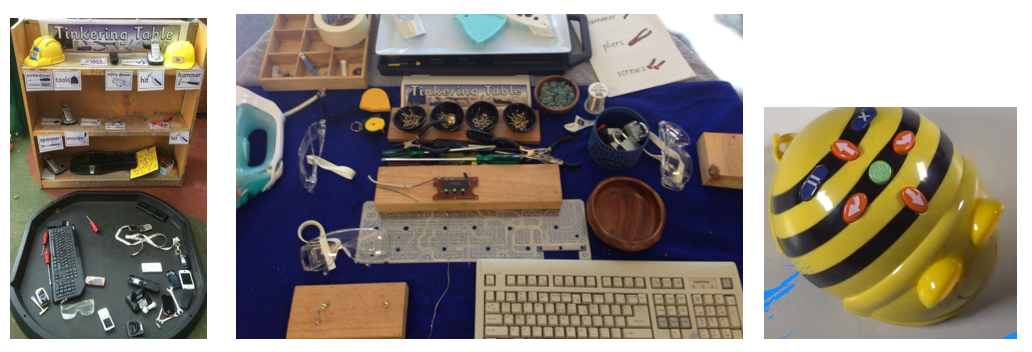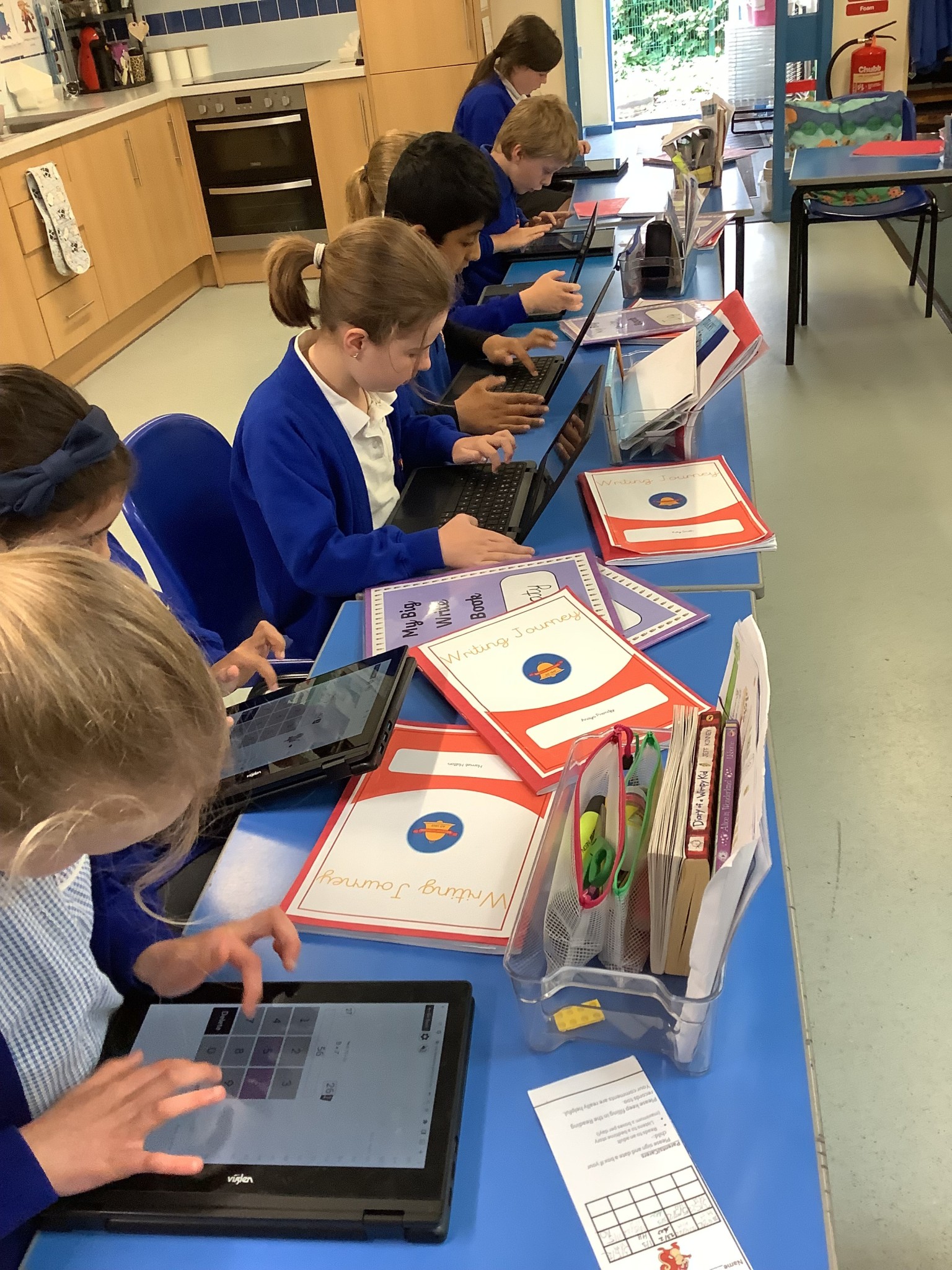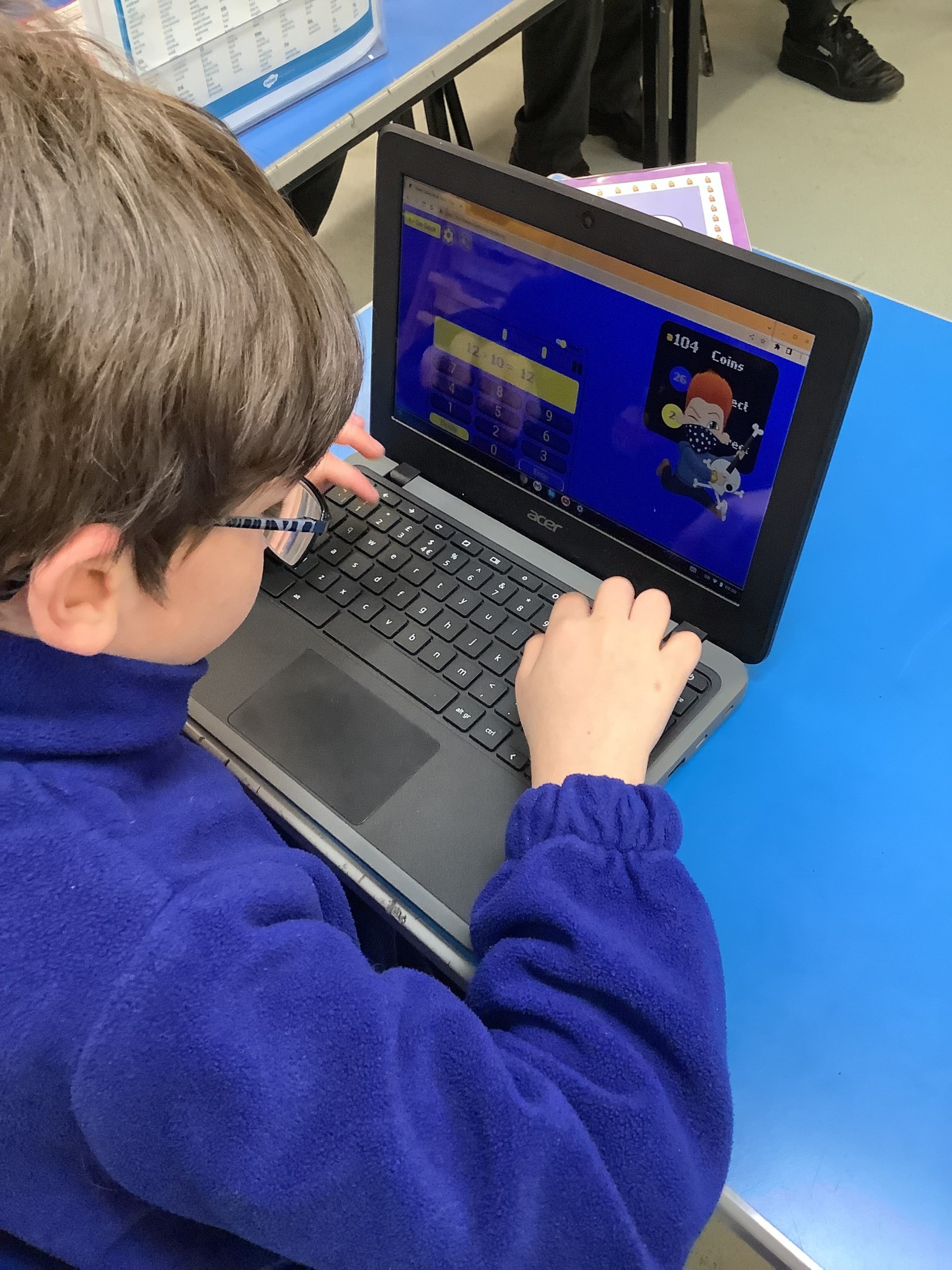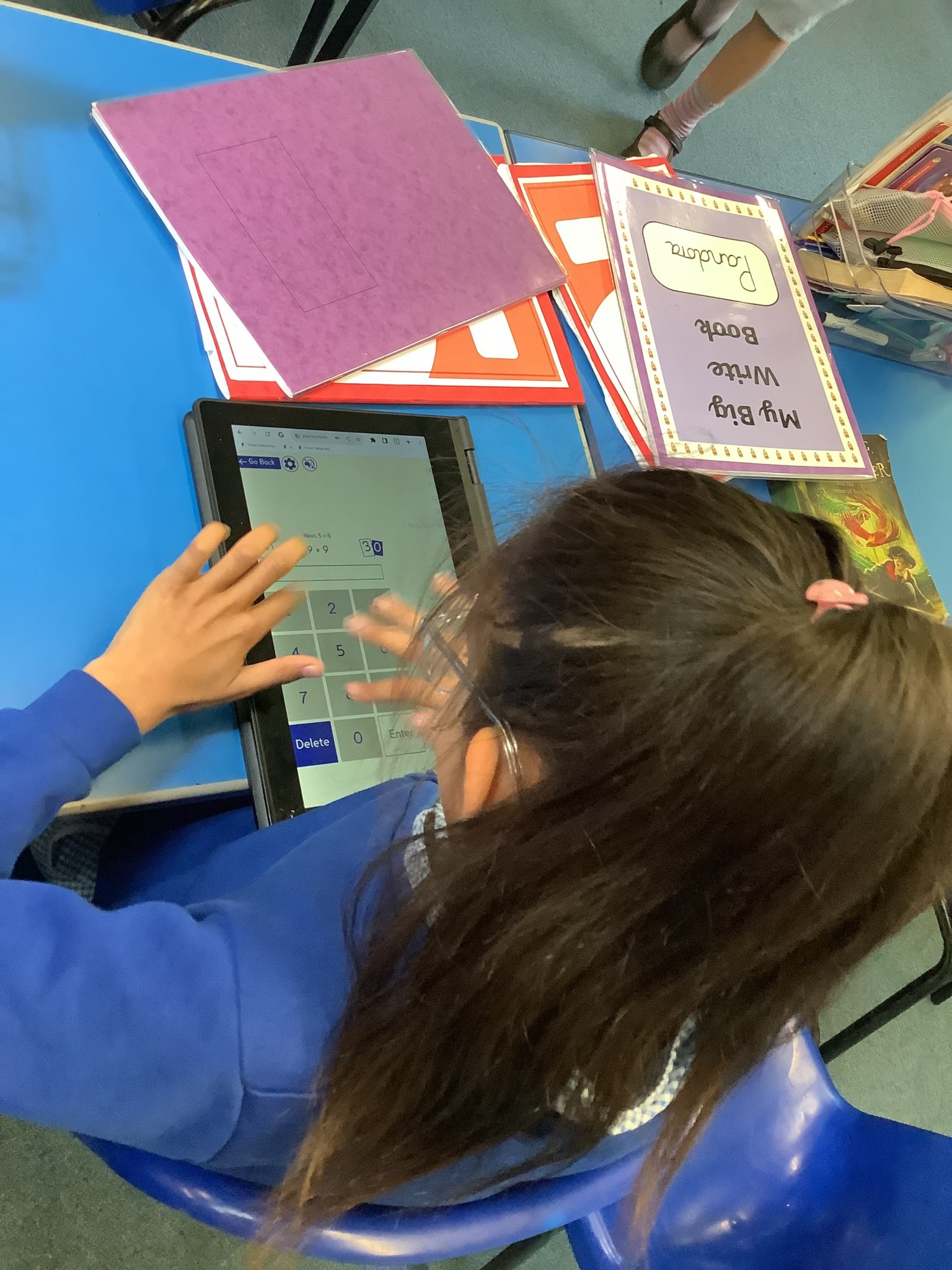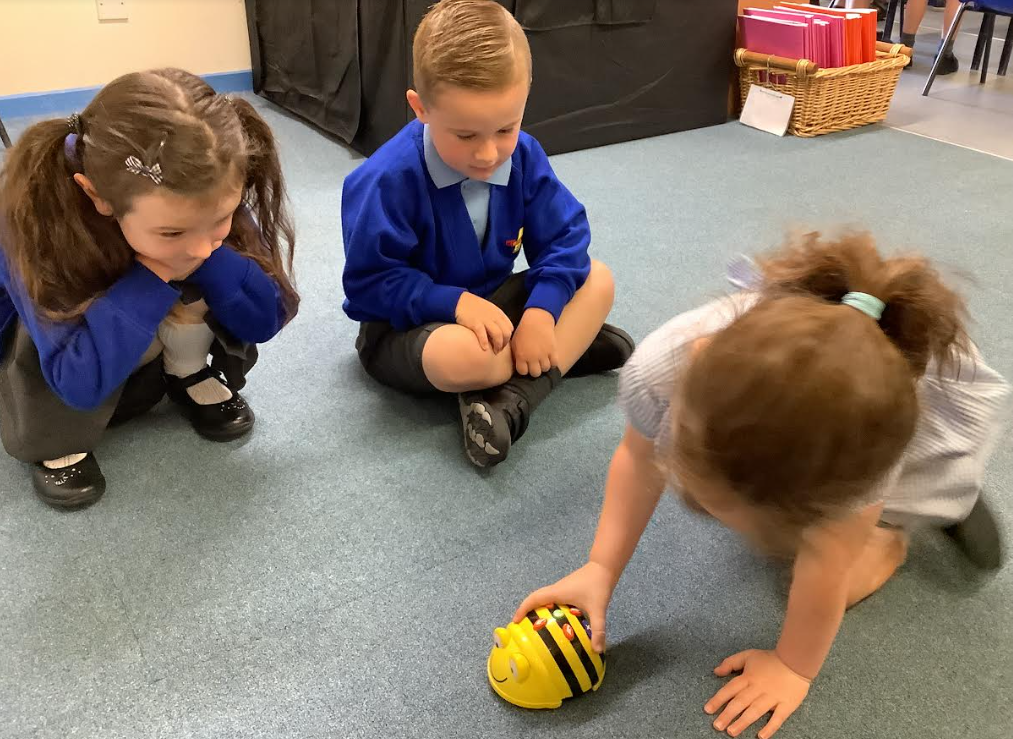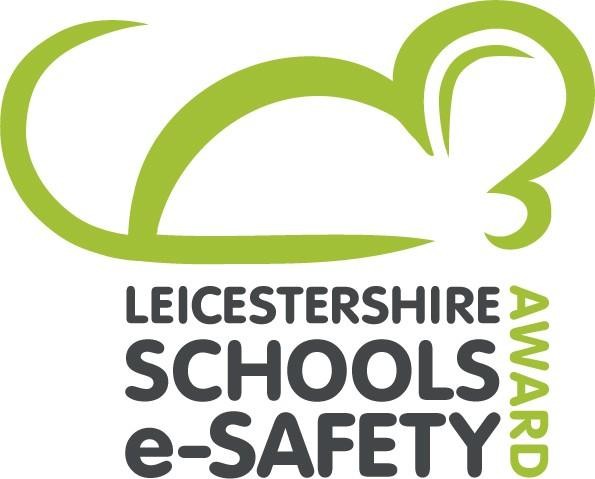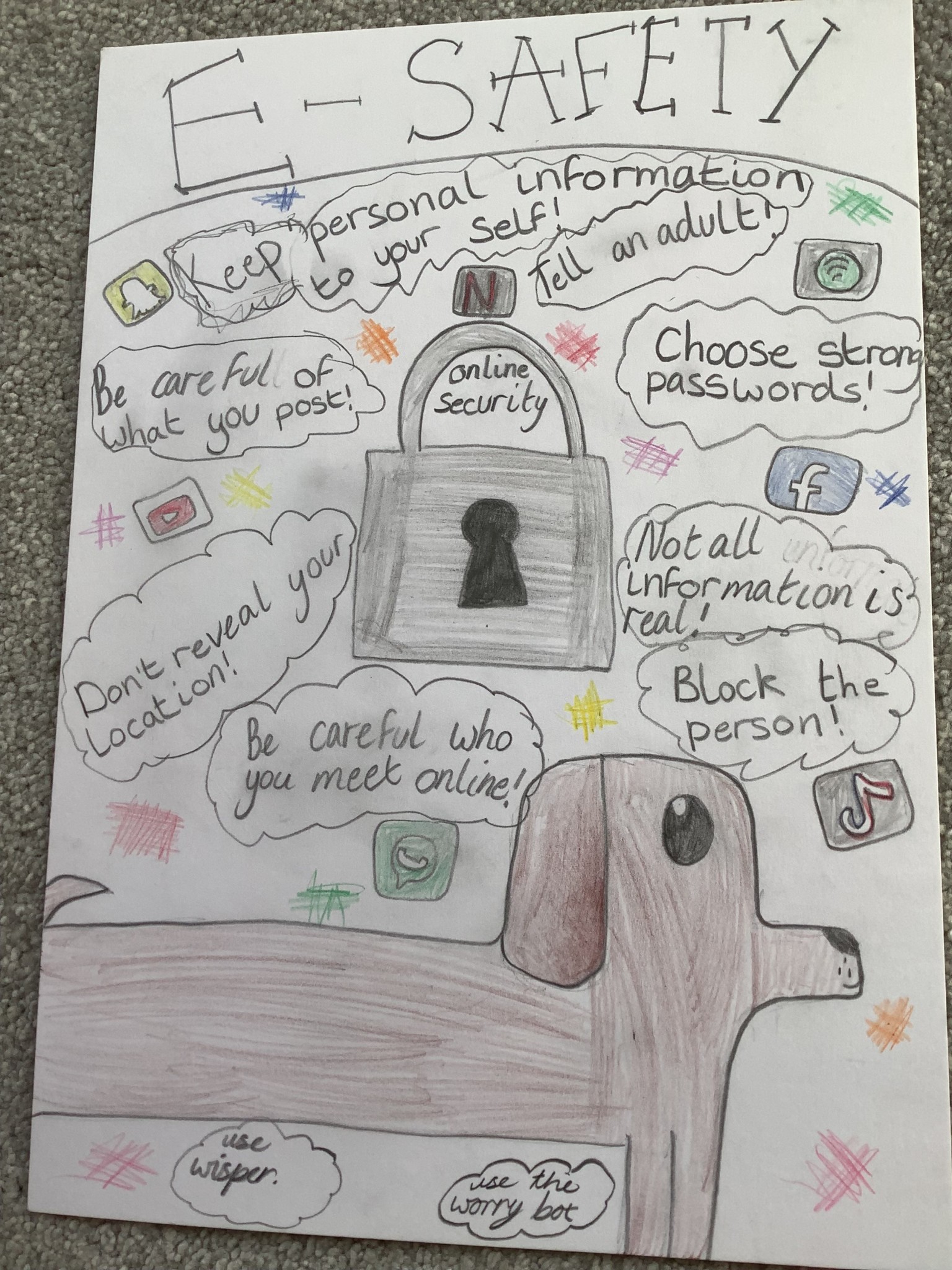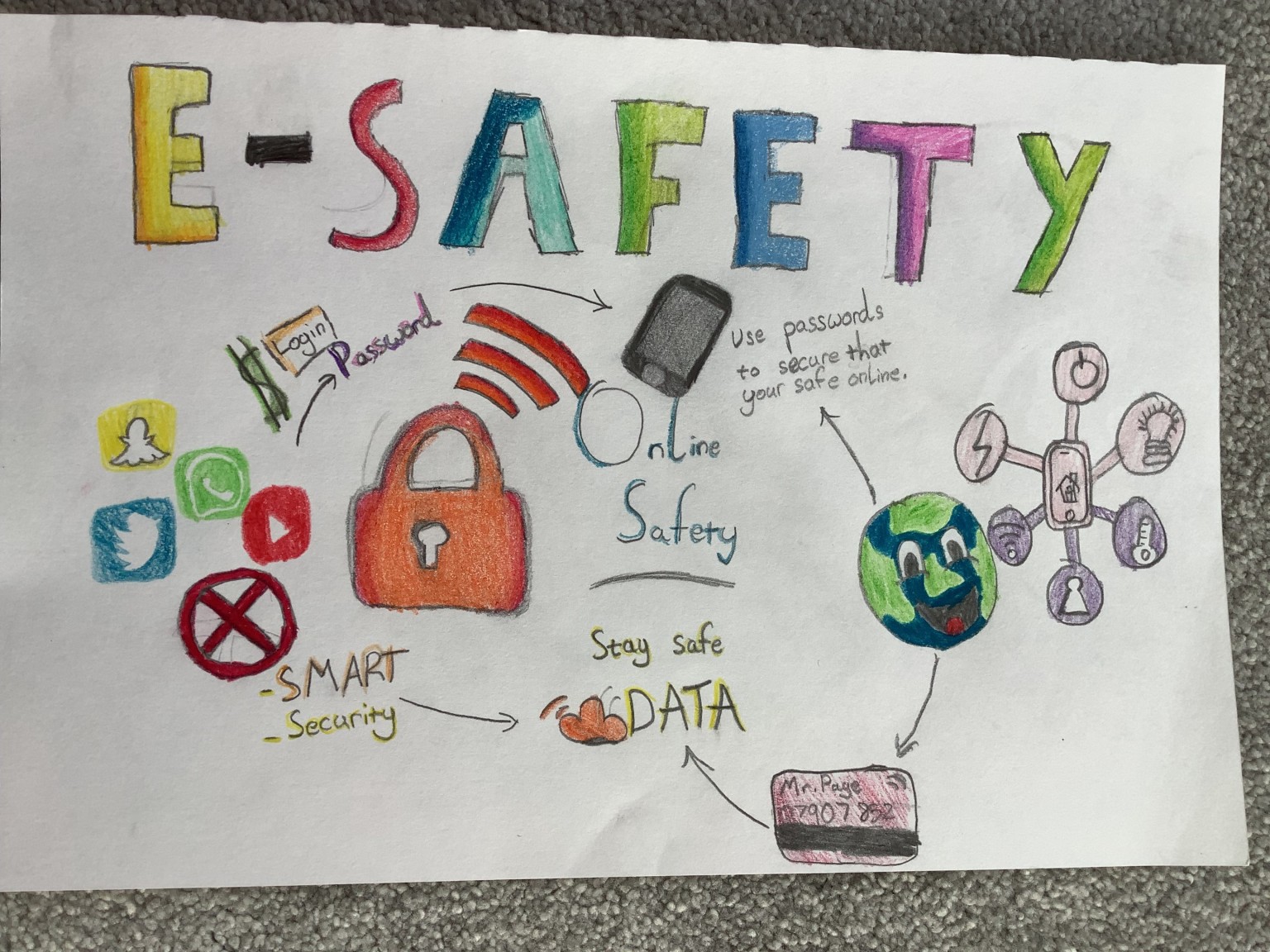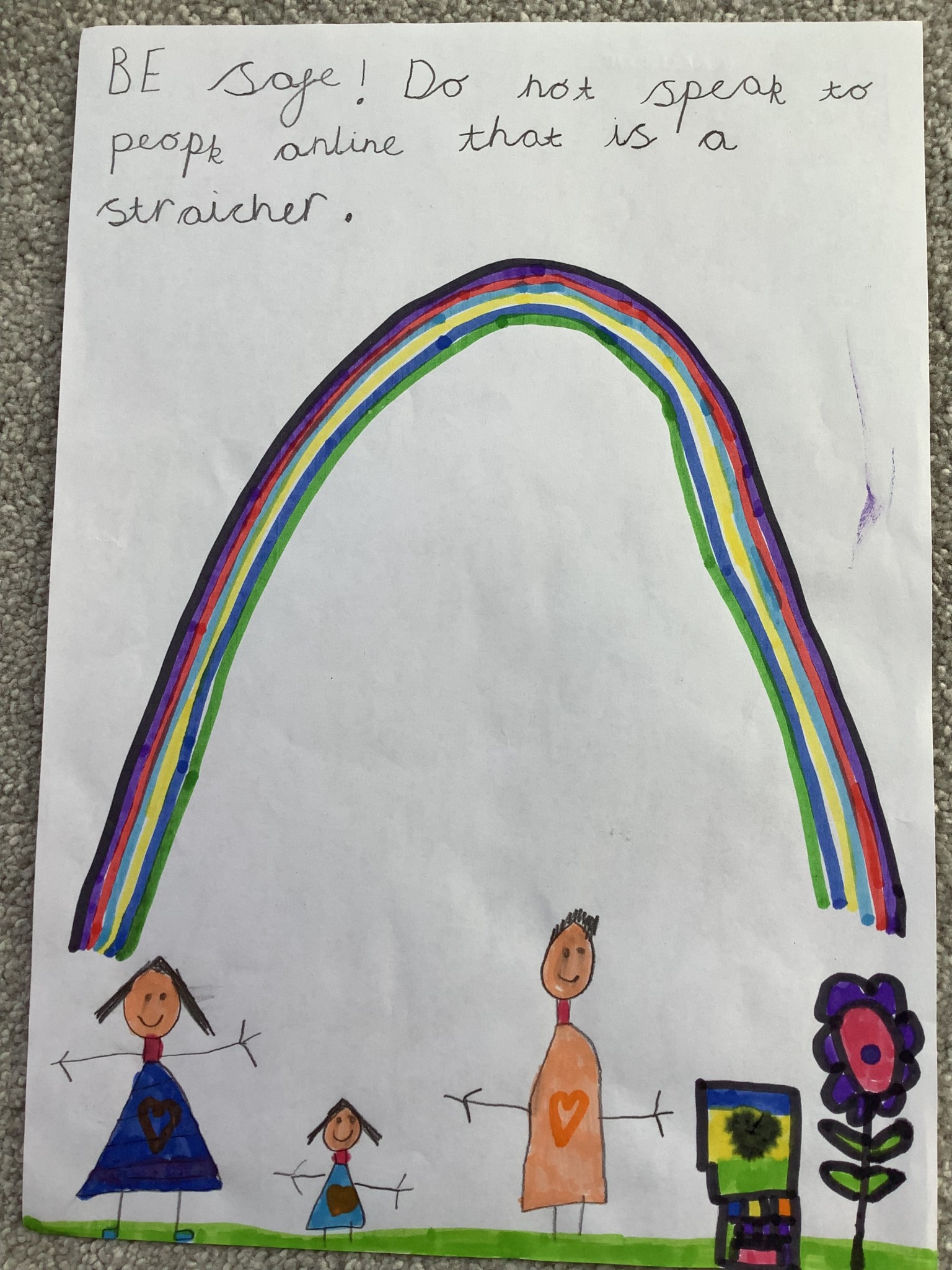Intent
What do we intend children to learn?
At Belton C of E Primary School we aim to instil a sense of enjoyment around using technology and to develop pupil’s appreciation of its capabilities and the opportunities technology offers to create, manage, organise and collaborate. Tinkering with software and programs forms part of the ethos of our curriculum. It helps to develop pupils’ confidence when encountering new technology, which is a vital skill in the ever evolving and changing landscape of technology. Through our curriculum, we intend for pupils not only to be digitally competent and have a range of transferable skills at a suitable level for the future workplace, but also to be responsible online citizens. As technology develops it is important that our learners can understand and appreciate the reliability of readily available information.
Implementation:
How do we teach computing?
At Belton C of E Primary School children obtain the prerequisite skills for computing through the Early Years Foundation stage. At this young age children are encouraged to operate simple equipment through carefully selected resources available within the continuous provision. Playing with old style telephones, typewriters and mechanical toys as well as familiarity with tablets, laptops, cameras and voice recorders are all part and parcel of building a solid foundation in computing. Giving instructions, understanding arrows and direction and categorising data are all taught in a practical and fun way without a screen in sight! By allowing children time to regularly access technological equipment independently, they will develop a much deeper understanding. In years one to six, this solid foundation is quickly built upon through the teaching of the Kapow Primary computing scheme of work which enables pupils to meet the end of Key Stage Attainment targets outlined in the National curriculum
Our curriculum is designed with three strands which run throughout:
- Computer science
- Information Technology
- Digital Literacy
Our curriculum is organised into five key areas, creating a cyclical route through which pupils can develop their computing knowledge and skills by revisiting and building on previous learning:
- Computer systems and networks
- Programming
- Creating Media
- Data Handling
- Online Safety
Online Safety
It is essential that our pupils have the knowledge and skills to be able to keep themselves safe online. This key area is covered in detail throughout the curriculum and is a common theme that runs through every unit.
Also on Safer Internet Day in February each year we have a dedicated online safety day where the online safety units are taught across the whole school. We also engage in regular safer internet assemblies throughout the year.
Upper Key Stage 2 have input from charity ‘Positive Social’. Giving online safety the importance that it deserves, we also have a committee of school E-safety champions who are made up of children from years 1-6. They meet frequently to discuss relevant issues including the importance of the online safety curriculum and are on hand to promote online safety across the school.
In September 2022 we received the Leicestershire County Council E Safety Award
In years one to six, this solid foundation is quickly built upon through the teaching of the Kapow Primary computing scheme of work which enables pupils to meet the end of Key Stage Attainment targets outlined in the National curriculum
The computing curriculum is taught to our mixed age classes in a rolling two year program with units including Computing Systems and Networks -What is a computer?, Programming -Algorithms and debugging and Data Handling - International Space Station for our key stage one children. In key stage two, they study units such as Computing Systems and Networks - Collaborative Learning, Creating media - History of Computers and Programming - Computational Thinking.
